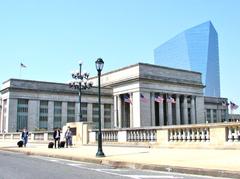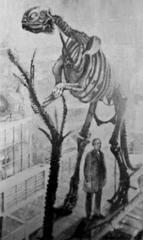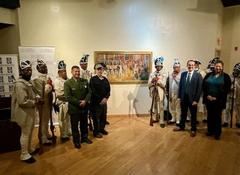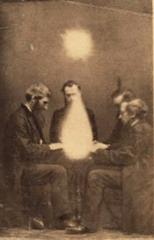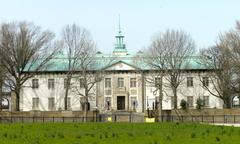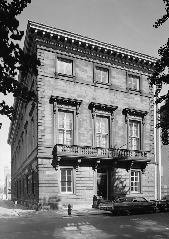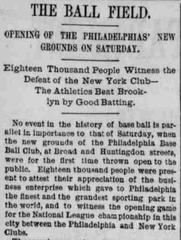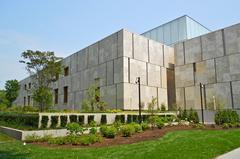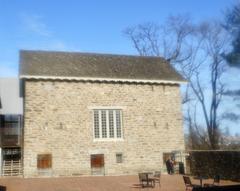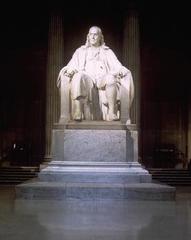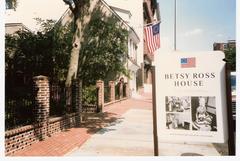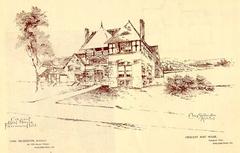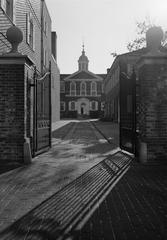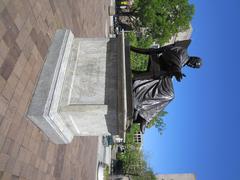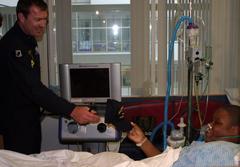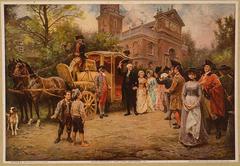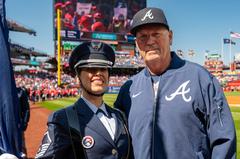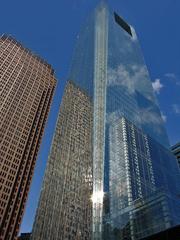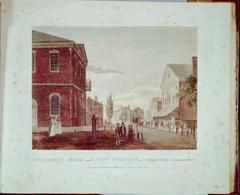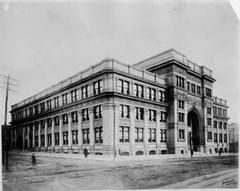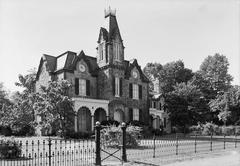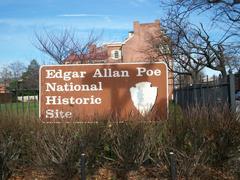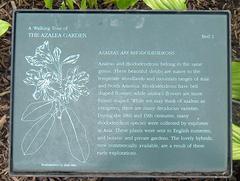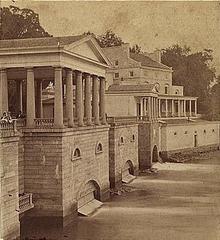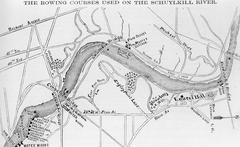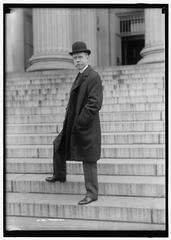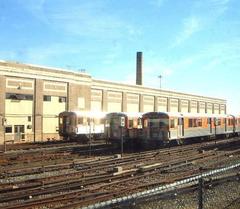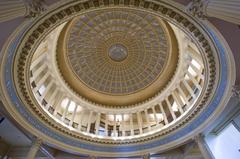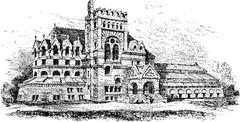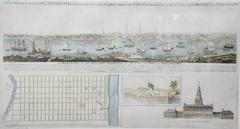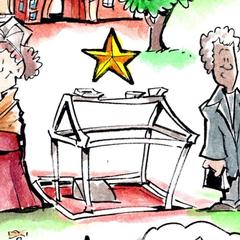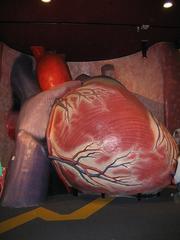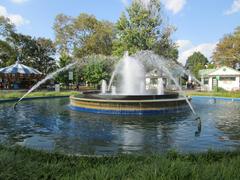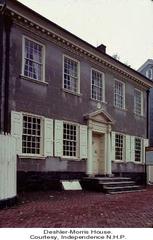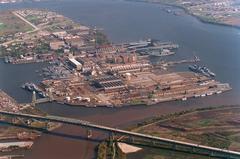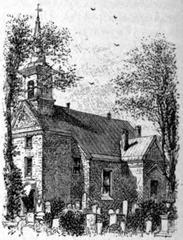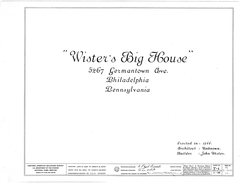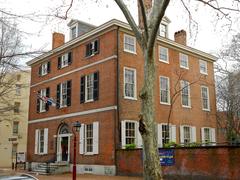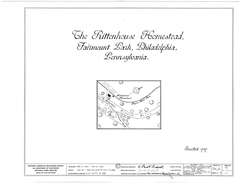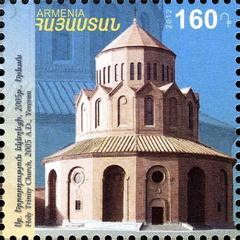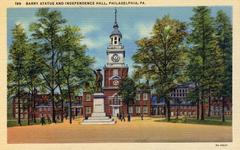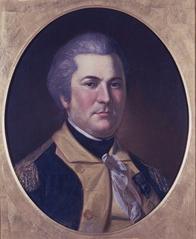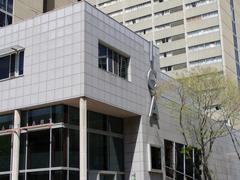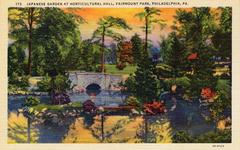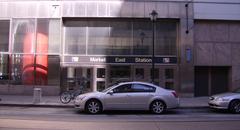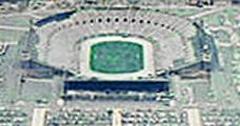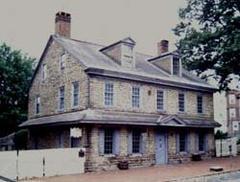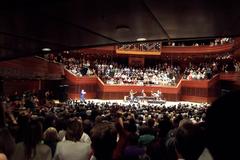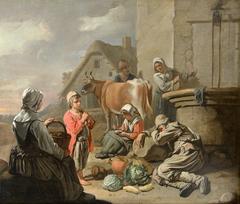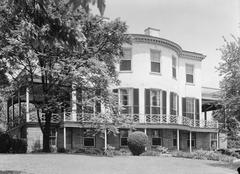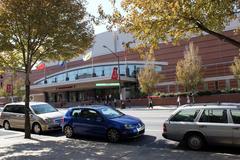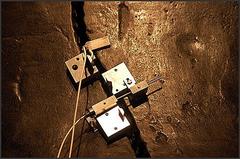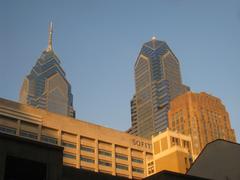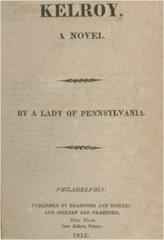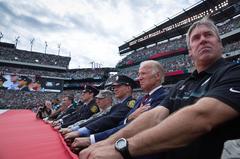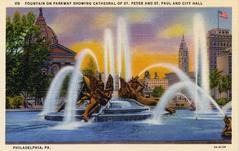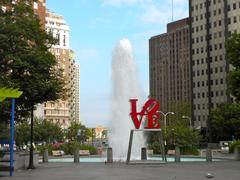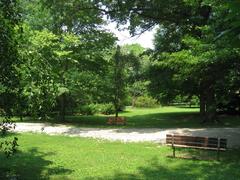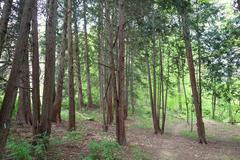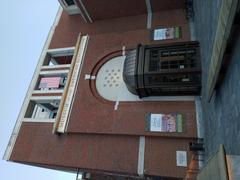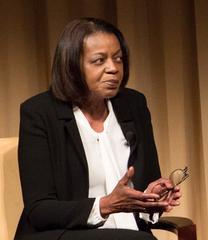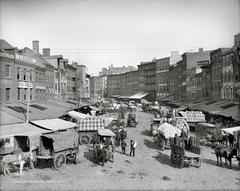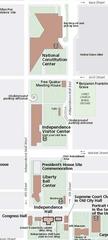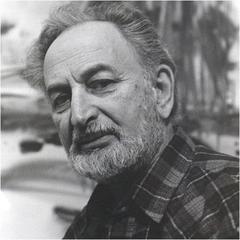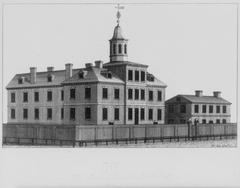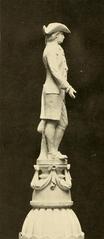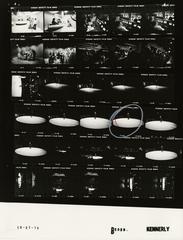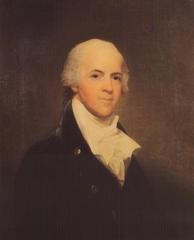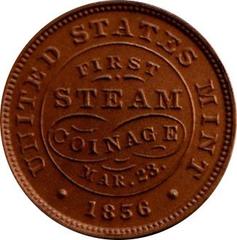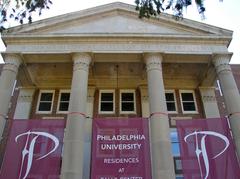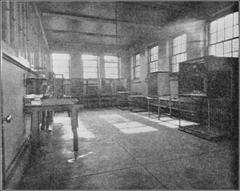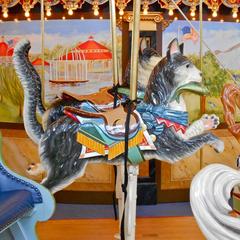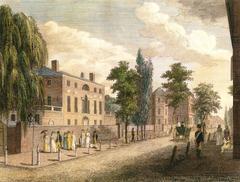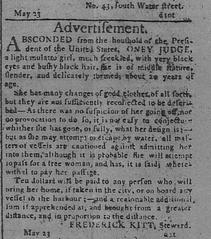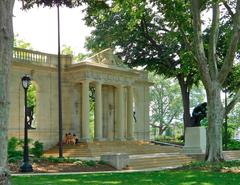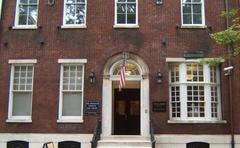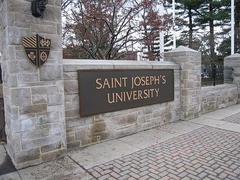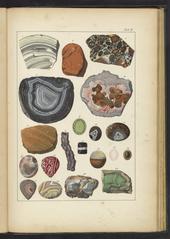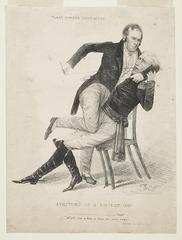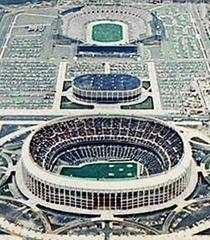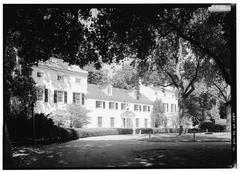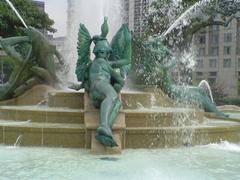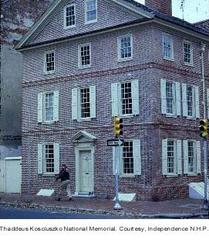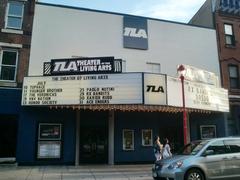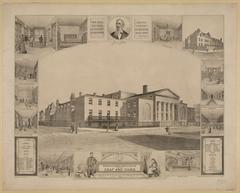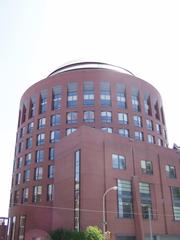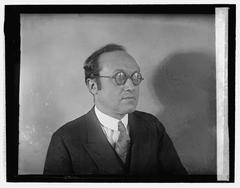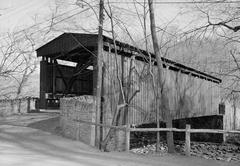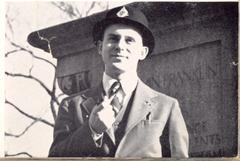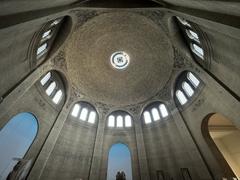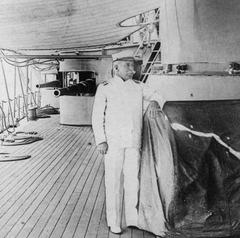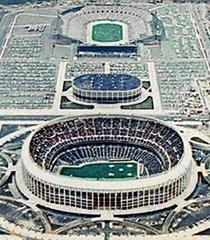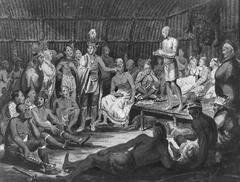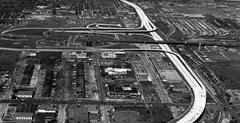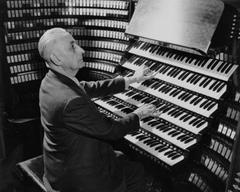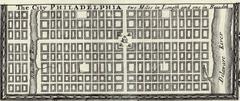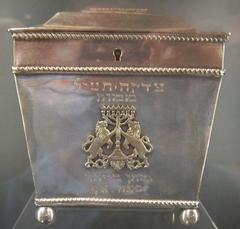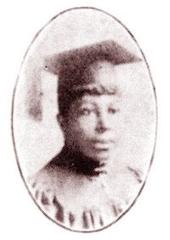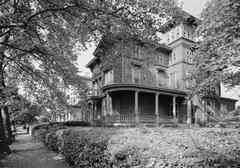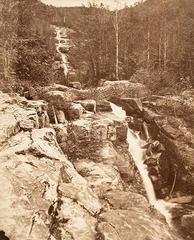River Field Philadelphia Visiting Hours, Tickets, and Historical Sites Guide
Date: 03/07/2025
Introduction to River Field Philadelphia: Historical and Cultural Significance
Nestled along the scenic banks of Philadelphia’s Schuylkill and Delaware Rivers, River Field is a vibrant urban green space that exemplifies the city’s historical heritage, community spirit, and dedication to accessible outdoor recreation. As part of the expansive Fairmount Park system—the largest urban park network in the United States—River Field provides a harmonious blend of natural beauty, diverse recreational opportunities, and close proximity to iconic Philadelphia historical sites. Developed through progressive 19th- and 20th-century urban planning initiatives, River Field and Fairmount Park were envisioned to protect water resources, promote public health, and foster inclusive public use. Today, River Field stands as a beloved gathering spot, welcoming families, athletes, history enthusiasts, and nature lovers. Visitors enjoy free daily access from dawn to dusk, with activities ranging from tranquil picnics and strolls along the Schuylkill River Trail to participating in renowned events like the Dad Vail Regatta and seasonal festivals. Its strategic location offers convenient access to celebrated landmarks such as Boathouse Row, Independence National Historical Park, Penn’s Landing, and the Museum Mile, making River Field an excellent starting point for exploring Philadelphia’s rich past and dynamic present. The park is thoughtfully designed with sustainability and accessibility in mind, featuring wheelchair-accessible paths, ADA-compliant amenities, and green infrastructure that supports urban ecology. Whether arriving by public transit, bike, or car, visitors will find well-connected transportation options and comprehensive resources for a comfortable and memorable visit. For up-to-date visiting hours, event schedules, guided tours, and expert tips, official resources such as Philadelphia Parks & Recreation, the Delaware River Waterfront Corporation, and local guides provide everything you need to plan your experience. Embark on your River Field journey to discover Philadelphia’s remarkable blend of history, nature, and vibrant community life (Philadelphia Encyclopedia; ExperiencePA; Philly Mutts; VisitPhilly).
Table of Contents
- Introduction
- Early Development of Fairmount Park and River Field
- Historical Significance and Urban Context
- Recreational and Cultural Role
- Environmental and Social Impact
- Practical Visitor Information: River Field Visiting Hours, Tickets, and Accessibility
- Discover River Field Philadelphia: Visiting Hours, Activities, and Events Guide
- Proximity to Major Philadelphia Landmarks and Waterfront Revitalization
- River Field Visiting Hours, Accessibility, and Transportation Guide in Philadelphia
- About River Field: History and Cultural Significance
- Visiting River Field: Hours, Tickets, and Tours
- Accessibility at River Field and Across Philadelphia
- Transportation Options to and Around River Field
- Nearby Attractions Around River Field
- Photographic Spots at River Field
- Practical Visitor Tips
- Frequently Asked Questions (FAQ)
- Summary and References
Early Development of Fairmount Park and River Field
Fairmount Park, spanning more than 2,000 acres, has served as Philadelphia’s vital urban sanctuary since the early 19th century (Philadelphia Beautiful; Experience PA). The city’s acquisition of land along the Schuylkill River began in 1812, spurred by the need to protect its water supply, with the purchase of a 43-acre tract north of the Fairmount Water Works (Philadelphia Encyclopedia). Over time, the park expanded to include historic estates like Lemon Hill and Sedgeley, with landscape experts shaping its picturesque vistas.
River Field, situated at 400-442 N 24th St, Philadelphia, PA 19130, is a prominent green space within Fairmount Park’s boundaries (Philly Mutts). Its riverside location and proximity to the Fairmount and Brewerytown neighborhoods make it an accessible and cherished recreational area.
Historical Significance and Urban Context
Fairmount Park’s inception was motivated by public health concerns and a desire to preserve Philadelphia’s water supply during industrialization (Philadelphia Encyclopedia). The Schuylkill River has long served as both a vital water source and a center for leisure. River Field’s riparian setting supports ecological health and provides a buffer against urban encroachment.
The park’s official establishment in 1855, following the 1854 Consolidation Act, marked a broader movement for accessible public green spaces. River Field and its surroundings have long been venues for diverse communities to gather, recreate, and celebrate civic events.
Recreational and Cultural Role
Fairmount Park thrives as a hub for both organized and informal activities. The Schuylkill River has fostered a strong rowing tradition since the 19th century, with Boathouse Row remaining a focal point for competitive rowing events today (Philadelphia Encyclopedia). River Field supplies open lawns for sports, picnics, and gatherings, and connects directly to the Schuylkill River Trail—a renowned 75-mile path for walking, running, and cycling (Philadelphia Beautiful).
Although River Field itself lacks major landmarks, it is within easy reach of iconic sites such as the Philadelphia Museum of Art, Fairmount Water Works, and stately mansions like Lemon Hill and Mount Pleasant (Philadelphia Encyclopedia).
Environmental and Social Impact
The preservation of River Field and Fairmount Park is crucial to Philadelphia’s environmental health, providing cooling green spaces, improving air quality, and offering wildlife habitats. Riparian zones mitigate stormwater runoff and prevent riverbank erosion (Philadelphia Encyclopedia).
Socially, Fairmount Park has always been an inclusive space, welcoming diverse groups for recreation, cultural activities, and community gatherings. River Field continues this tradition, serving as a welcoming venue for all.
Practical Visitor Information: River Field Visiting Hours, Tickets, and Accessibility
- Visiting Hours: River Field and Fairmount Park are open daily from dawn to dusk, year-round.
- Admission: Free for all; no tickets required.
- Location: 400-442 N 24th St, Philadelphia, PA 19130. Accessible by car, public transit, bike, and on foot (Philly Mutts).
- Facilities: Open lawns for sports and relaxation. No permanent restrooms or concessions—plan accordingly.
- Accessibility: Wheelchair-accessible paths and level terrain; nearby ADA-compliant amenities.
- Pets: Welcome on a leash. Owners should clean up after their animals.
Visuals and Media
For an enhanced planning experience, browse photos and videos highlighting River Field’s lush scenery and views of nearby historical sites. Images with descriptive alt tags such as “River Field visiting hours in Fairmount Park” and “Philadelphia historical sites near River Field” are available on our website.
FAQs About River Field
Q: What are River Field’s visiting hours?
A: Open daily from dawn to dusk, year-round.
Q: Is there an entry fee?
A: No, access is free.
Q: Are pets allowed?
A: Yes, on a leash.
Q: Are there restrooms or concessions?
A: No, visitors should plan ahead.
Q: How do I get there?
A: At 400-442 N 24th St, with parking and transit options nearby.
Discover River Field Philadelphia: Visiting Hours, Activities, and Events Guide
River Field, located along the Schuylkill River, is a vibrant destination for outdoor enthusiasts and community events. Below is a detailed guide to making the most of your visit.
Visiting Hours and Entry Details
River Field is open daily from dawn until dusk, with free entry. Special events or guided tours may require tickets or advance registration, as announced on the Philadelphia Parks & Recreation website.
Getting There and Accessibility
Minutes from Center City, River Field is easily reached by public transit, bike, or foot. The Schuylkill River Trail connects directly to the park. Limited parking is available; public transportation is recommended during major events. The park features paved, wheelchair-accessible paths and accessible restrooms.
Attractions at River Field
Riverside Trails and Scenic Views
The Schuylkill River Trail offers over 30 miles of multi-use paths, ideal for walking, jogging, biking, and rollerblading, with beautiful river vistas. The trail connects with Fairmount Park, extending recreational options (Philadelphia Parks & Recreation).
Boathouse Row and Philadelphia’s Rowing Legacy
Nearby Boathouse Row, a National Historic Landmark, is the center of Philadelphia’s rowing scene. Major regattas such as the Dad Vail, Stotesbury Cup, and Head of the Schuylkill attract thousands of spectators, and River Field is an excellent spot for viewing these events.
Public Art, Green Spaces, and Photographic Spots
River Field is part of a riverfront network featuring public art, gardens, and open lawns. Nearby attractions include historic houses, sculptures, and the Shofuso Japanese House and Garden. Panoramic views of the river and skyline make it a favorite for photographers.
Water-Based Activities
The adjacent Schuylkill River is a hub for kayaking, canoeing, paddleboarding, and dragon boat racing. Rentals and guided tours are available, and annual dragon boat regattas draw competitors from across North America.
Family-Friendly Amenities
River Field features playgrounds, open fields, and shaded picnic areas. The nearby Please Touch Museum is a favorite for families with young children.
Activities at River Field
- Walking, Running, and Cycling: The Schuylkill River Trail offers a flat, well-lit path for all levels.
- Rowing and Paddling: Clubs offer boat rentals and lessons; regattas are held seasonally.
- Fishing and Wildlife Watching: Designated spots for anglers and birdwatchers, with informative signage.
- Outdoor Fitness: Yoga, boot camps, and wellness events take place in warmer months.
- Picnicking: Scenic picnic tables and open lawns encourage relaxation.
Community Events at River Field
- Rowing Regattas: Dad Vail, Stotesbury Cup, and Head of the Schuylkill.
- Parks on Tap: Roving beer gardens, food trucks, and games.
- Outdoor Concerts and Movies: Seasonal cultural programming.
- Environmental Programs: Clean-ups, tree plantings, and workshops.
- Festivals and Markets: Community fitness events and pop-up markets.
Visitor Tips for Enjoying River Field
- Best Times: Spring and fall offer ideal weather; summer is lively.
- Accessibility: Paved paths and ADA-compliant restrooms.
- Transportation: Use public transit or bike; parking is limited during events.
- What to Bring: Comfortable attire, water, sunscreen, and a camera.
- Safety: Well-lit and regularly patrolled.
Plan Your Visit and Stay Connected
For the latest event schedules and visitor updates, consult the official Philadelphia Parks & Recreation website and the Visit Philly events calendar. Download the Audiala app for guided tours and exclusive content.
Map and Virtual Tour of River Field
Proximity to Major Philadelphia Landmarks and Waterfront Revitalization
Central Location and Connectivity
River Field’s location along the Delaware River waterfront places it at the center of Philadelphia’s urban renewal efforts. The area is now a vibrant corridor linking neighborhoods and attractions (ExperiencePA).
Iconic Sites Nearby
- Penn’s Landing: Site of festivals and river cruises (DRWC Economic Impact Report).
- Independence National Historical Park: Home to the Liberty Bell and Independence Hall (PlanetWare).
- Museum Mile: Explore the Philadelphia Museum of Art, Barnes Foundation, and more (Guide to Philly).
- Spruce Street Harbor Park: Seasonal floating gardens and food stalls.
- Race Street Pier: Panoramic river and bridge views.
Transportation
River Field is accessible by SEPTA’s Market-Frankford Line (Blue Line), buses, and bike-share stations. I-95 and I-676 provide highway access; parking is available at Penn’s Landing and nearby garages (DRWC Economic Impact Report).
Waterfront Revitalization
River Field exemplifies Philadelphia’s transformation of its riverfront, emphasizing community engagement, environmental sustainability, and cultural vibrancy (ExperiencePA). The DRWC’s Master Plan includes expanding green spaces, capping I-95, and introducing new destinations like River Field and Spruce Street Harbor Park (DRWC Economic Impact Report).
Community-Focused Design
River Field hosts concerts, fitness classes, farmers’ markets, and art installations. Programs like the Waterfront Ambassadors engage local youth, while seasonal events activate the space year-round.
Environmental Sustainability
Green infrastructure—permeable pavements, rain gardens, native plantings—enhances aesthetics and river health. Environmental remediation has transformed industrial sites into safe, resilient public spaces.
Economic and Social Impact
Waterfront revitalization has boosted tourism, supported local businesses, and created jobs. River Field fosters social cohesion and cultural engagement (DRWC Economic Impact Report).
Delaware River Trail Integration
River Field connects seamlessly to the Delaware River Trail, encouraging active transportation and linking parks and attractions along the waterfront.
Future Vision
Upcoming projects like Liberty on the River promise more green space and mixed-use development, further enhancing the area’s appeal (ExperiencePA; DERiverfront).
River Field Visiting Hours, Accessibility, and Transportation Guide in Philadelphia
Key Information
- Hours: Open daily from 8:00 AM to 8:00 PM (extended in summer; check for updates).
- Admission: Free; some events/tours may require tickets.
- Guided Tours: Offered weekly, April–October. Advance booking recommended.
- Physical Accessibility: Wheelchair-accessible entrances, restrooms, and parking (VisitPhilly Accessible Hotels).
- Sensory & Cognitive Accessibility: Programs like Philly Touch Tours and VisionLink offer inclusive experiences (Philly Touch Tours; VisionLink).
- Public Transit: All SEPTA buses are accessible; subways and regional rail serve key locations (SEPTA Accessibility).
- Airport Accessibility: Philadelphia International Airport provides an “Access for All” guide (PHL Airport Accessibility).
- Taxis/Rideshares: Uber, Lyft, and accessible taxis operate citywide.
- Walking/Biking: Philadelphia is highly walkable; Indego Bike Share offers over 140 stations (VisitPhilly Essential Guide).
Nearby Attractions
- Penn’s Landing
- Spruce Street Harbor Park
- Historic District (Independence Hall, Liberty Bell)
- Race Street Pier
All are accessible via transit or a short walk.
Photographic Spots
- Central monument with skyline backdrop
- Sunset views from the boardwalk
- Seasonal gardens and river overlooks
Practical Tips
- Advance Booking: Recommended for accessible accommodations or tours (VisitPhilly Accessibility Guide).
- Weather: Prepare for hot summers and cold winters (Fun World Facts Philadelphia).
- Safety: Stay aware, especially at night; tip service workers 15–20% (Reddit Philadelphia Tourist Advice).
- Maps/Apps: Use the SEPTA app; look for teal-uniformed goodwill ambassadors (SEPTA Mobile App).
- Parking: Accessible and hotel package options available (VisitPhilly Accessible Parking).
- Language: English is primary; Spanish, Chinese, and Vietnamese are present (Fun World Facts Philadelphia).
Frequently Asked Questions (FAQ)
Q: What are the best times to visit River Field?
A: Early mornings and late afternoons offer cooler temperatures and ideal lighting.
Q: Is River Field wheelchair accessible?
A: Yes, with ADA-compliant paths, restrooms, and parking.
Q: Are there guided tours?
A: Yes, weekly from April to October; book online or at visitor centers.
Q: How do I get there from the airport?
A: Take SEPTA Regional Rail to downtown, then use bus or rideshare.
Q: Are pets allowed?
A: Service animals are always welcome; check park policies for other pets.
Summary of River Field Visit Tips and Key Information
River Field exemplifies Philadelphia’s commitment to accessible, green, and culturally rich public spaces. Open daily from dawn to dusk with no admission fee, it offers scenic riverfront trails, historic regattas, family events, and easy access to major landmarks. Thoughtful accessibility features and robust transportation options ensure all visitors can enjoy its offerings. As the waterfront evolves, River Field remains a flagship example of community engagement and urban renewal. Enhance your experience with the Audiala app for guided tours, and stay connected for the latest news and tips. Whether local or visiting, River Field is a must-see destination capturing the essence of Philadelphia’s past, present, and future (Philadelphia Parks & Recreation; DRWC; VisitPhilly; Philadelphia Encyclopedia; ExperiencePA).
References and Further Reading
- Philadelphia Encyclopedia – Fairmount Park
- ExperiencePA – Fairmount Park and Waterfront Revitalization
- Philly Mutts – River Field, Fairmount Park Listing
- Philadelphia Parks & Recreation – Official Website
- Delaware River Waterfront Corporation (DRWC) – Economic Impact Report and Waterfront Projects
- VisitPhilly – Accessibility and Visitor Information
- Wikipedia – Schuylkill River Trail
- PlanetWare – Philadelphia Tourist Attractions
- Guide to Philly – Philadelphia Landmarks
